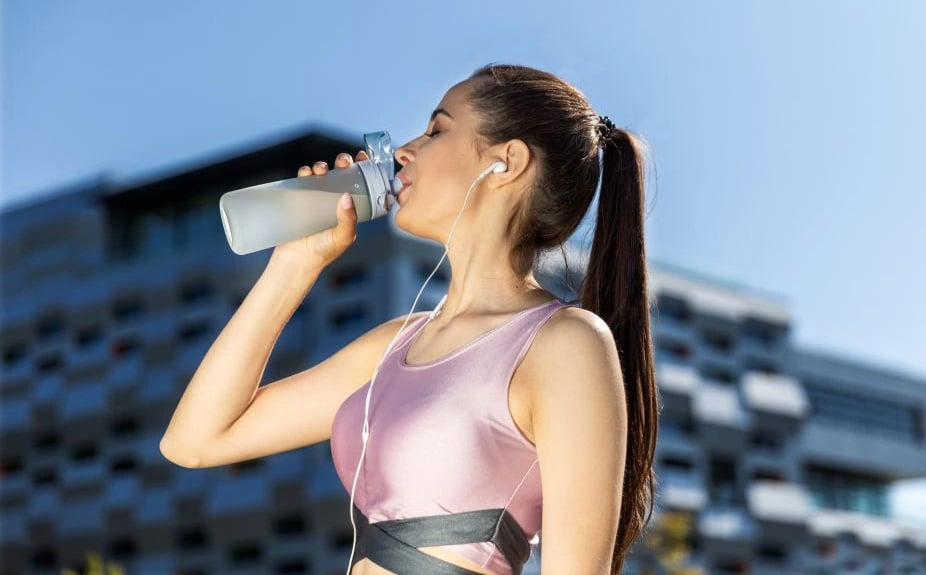
Drinking cold water while exercising has both advantages and disadvantages - Photo: Freepic.Diller
Drinking cold water while exercising can help maintain body temperature during exercise. Drinking cold water helps burn more calories than drinking water at room temperature.
What are the advantages and disadvantages of drinking cold water?
After exercise, the amount of sweat lost causes the total amount of water in the body to decrease. This causes thirst and hunger. Therefore, drinking water will help us feel full, controlling our appetite for a short period of time.
One study found that drinking cold water can help burn 8 more calories than drinking room temperature water. For endurance sports such as cycling and running, drinking cold water will help maintain body temperature to prevent heat stroke.
The most important thing is that most of us feel that drinking cold water helps us feel more refreshed, especially on hot days, so we can drink more water.
People with esophageal disease or acid reflux may experience chest pain and esophageal irritation when drinking cold water. If this happens, switch to warm water. Additionally, people with migraines may find their headaches worse when drinking cold water.
Benefits of soaking in cold water
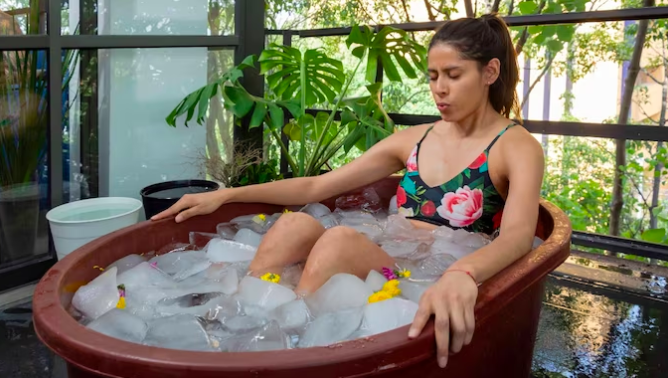
Ice bath - Getty screenshot
There is a lot of advice to soak in cold water after exercise to help you relax. One study found that cold water soaks can improve mood in young, healthy adults. In addition, the study found that high-performance athletes can recover muscle strength after soaking for 2 weeks or more.
Bathing in cold water can reduce inflammation, limit obesity, and metabolic diseases. In addition, bathing in cold water increases resistance thanks to its positive effects on the body's immune system.
Risks of bathing or soaking in cold water
Cold showers or baths are not an option for everyone.
People with vascular diseases such as coronary artery disease (heart disease) or cerebrovascular disease (stroke), or Raynaud's syndrome (a phenomenon in which the blood vessels in the fingertips constrict, causing numbness and bruising of the fingertips) should be careful when deciding to take a cold shower. Because cold water will cause the blood vessels to constrict, making the underlying disease worse.
What are the benefits of warm water?
Drinking warm water can relieve runny nose, cough, sneezing, sore throat, chills or fatigue when the weather changes. Some studies show that drinking warm water can help digest food better and avoid bloating.
Taking a warm bath or shower can help relieve stress after a hard day at work. Some studies have shown that soaking in hot water can help reduce stress and alleviate symptoms of depression. Taking a warm bath or sauna can help lower blood pressure by dilating blood vessels.
What is the ideal temperature of cold water for drinking or bathing?
After playing sports, when the body is dehydrated, the ideal cold water temperature to drink or bathe is around 150C. To make it easier to visualize, this is the temperature equivalent to the coldness of a hot and cold water dispenser. At this temperature, the athlete does not experience a sudden drop in temperature but still feels refreshed and balances body temperature.
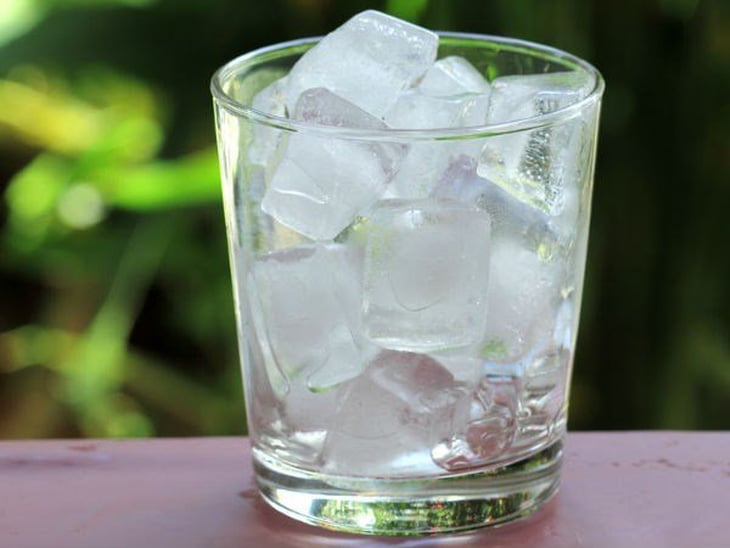 Abuse of ice and ice cream is not good for health.
Abuse of ice and ice cream is not good for health.Source


![[Photo] April Festival in Can Tho City](https://vstatic.vietnam.vn/vietnam/resource/IMAGE/2025/4/10/bf5ae82870e648fabfbcc93a25b481ea)

![[Photo] Unique folk games at Chuong Village Festival](https://vstatic.vietnam.vn/vietnam/resource/IMAGE/2025/4/10/cff805a06fdd443b9474c017f98075a4)


![[Photo] Opening of the 11th Conference of the 13th Party Central Committee](https://vstatic.vietnam.vn/vietnam/resource/IMAGE/2025/4/10/f9e717b67de343d7b687cb419c0829a2)


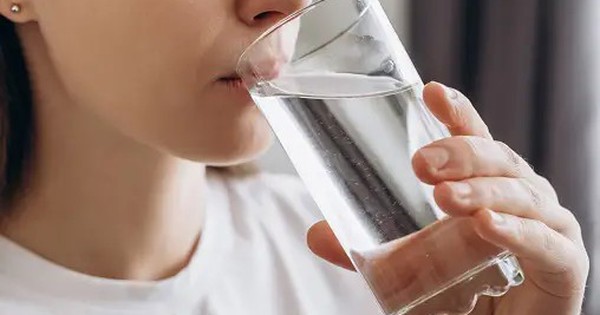
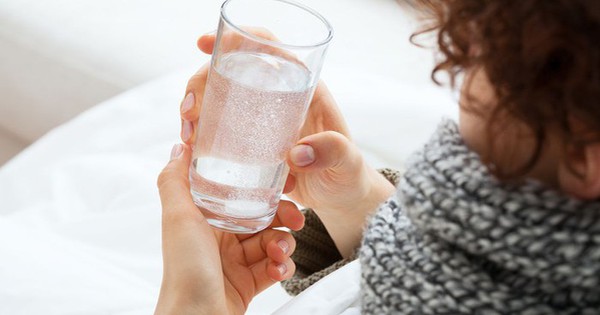
















































































Comment (0)